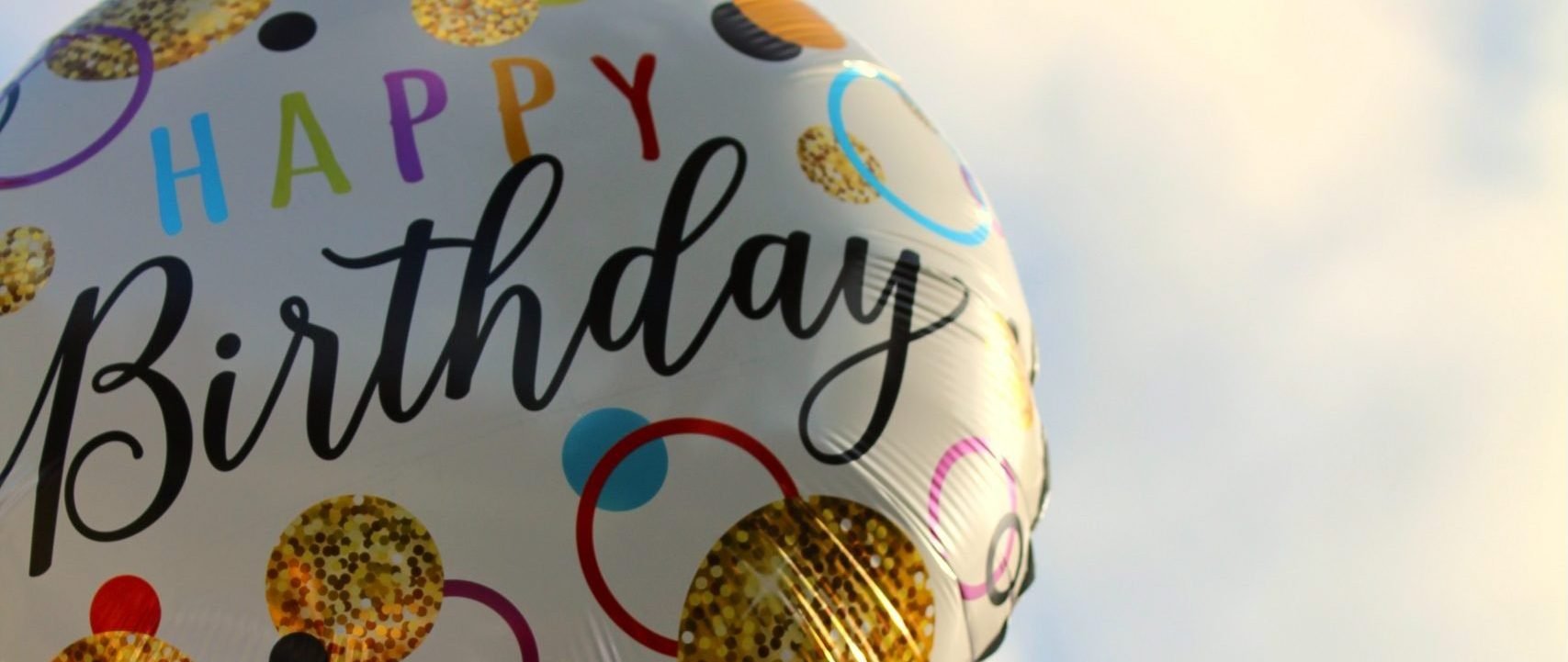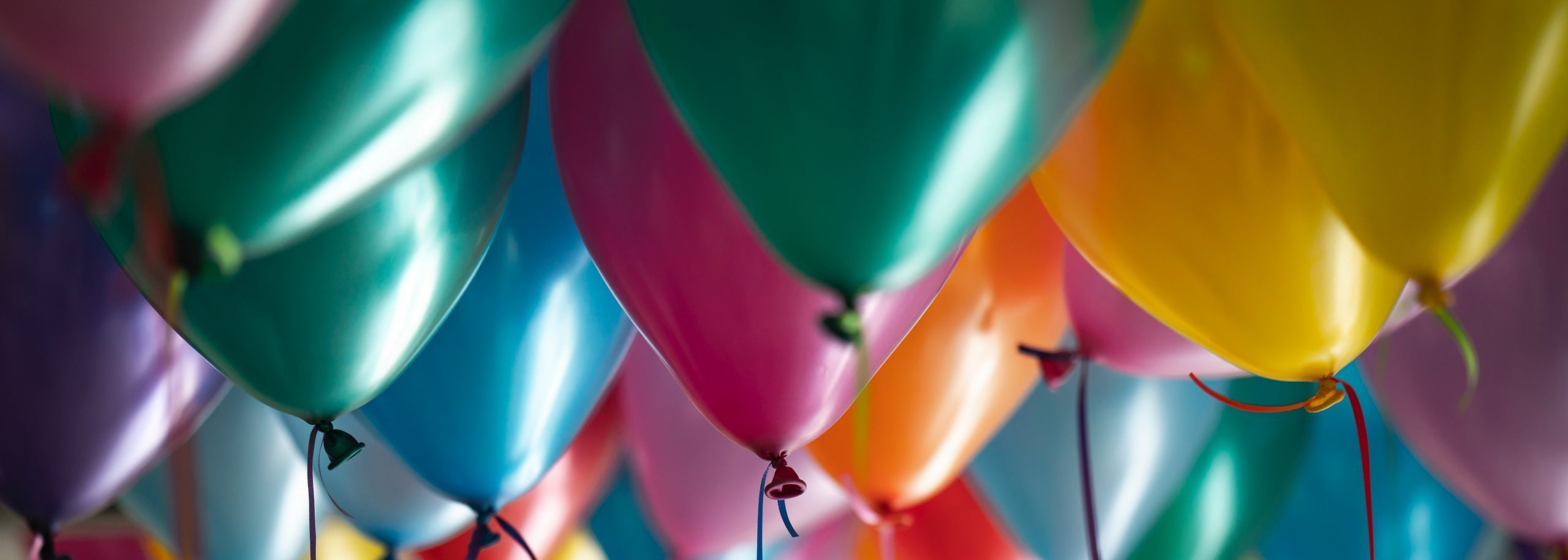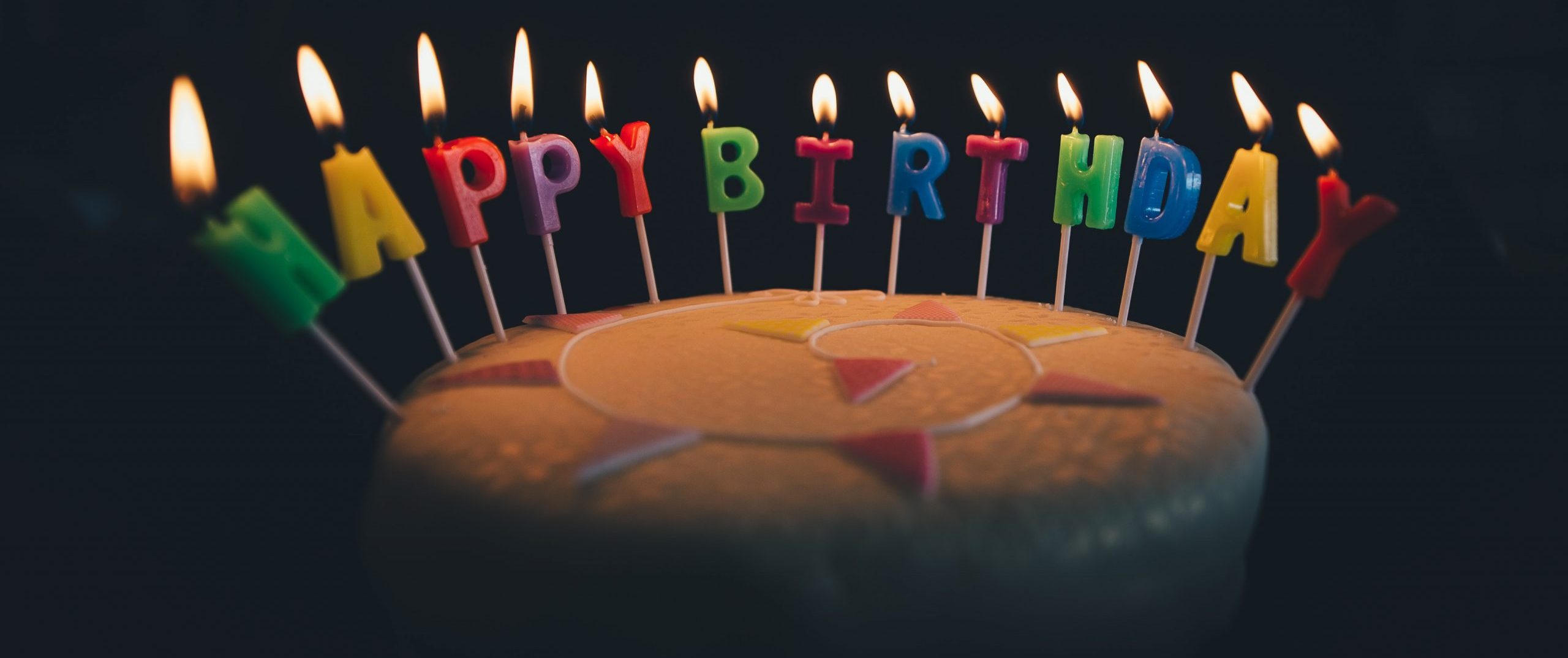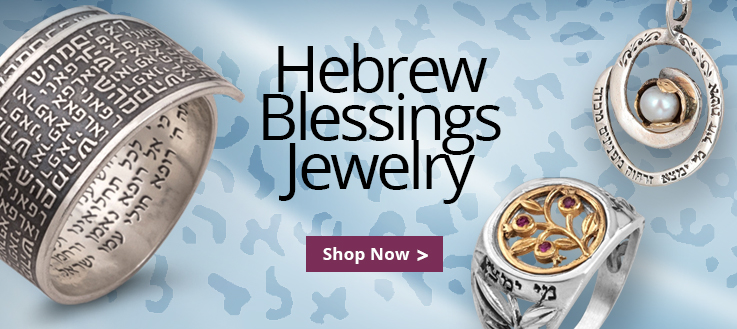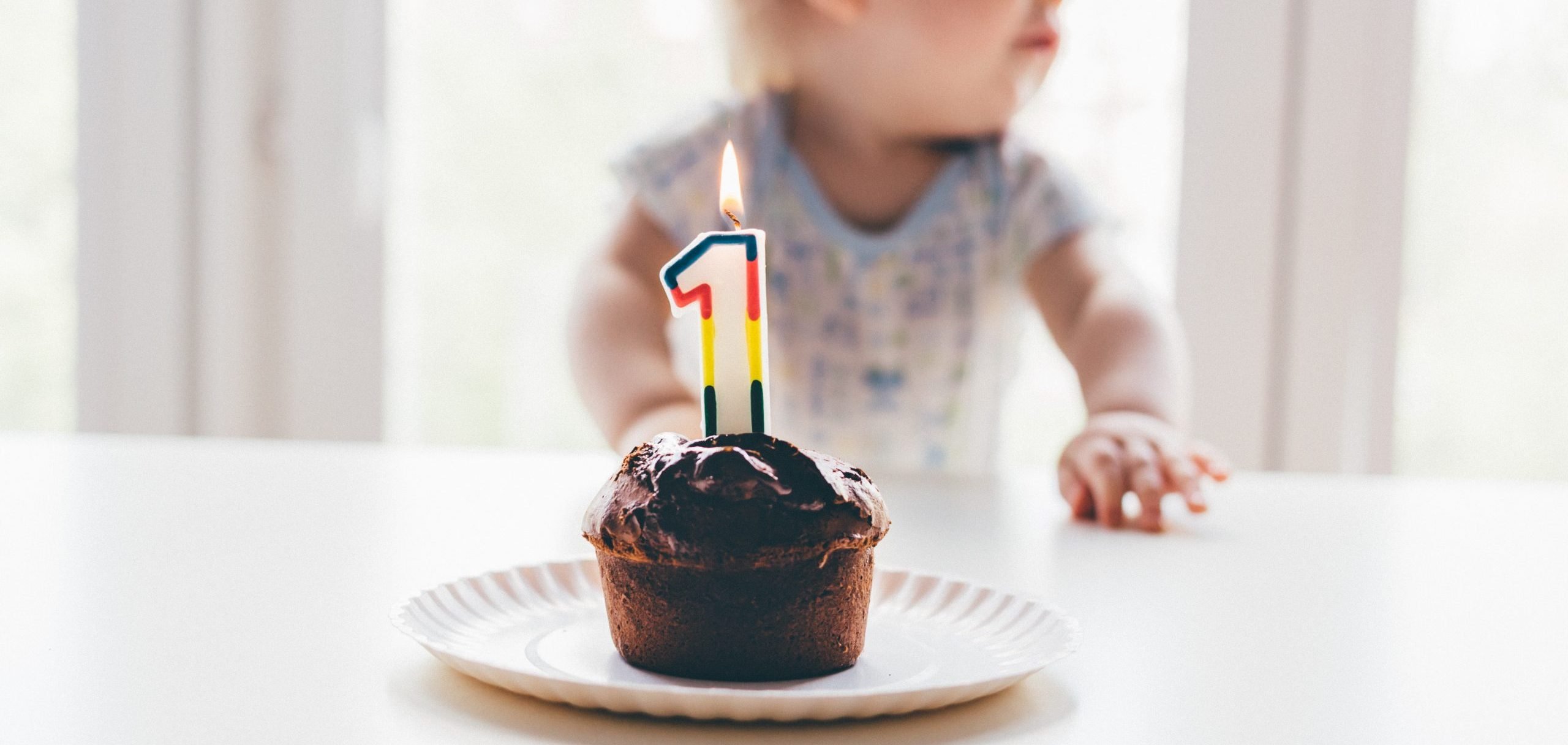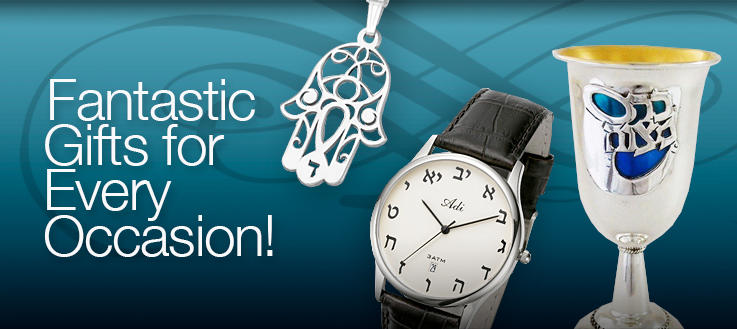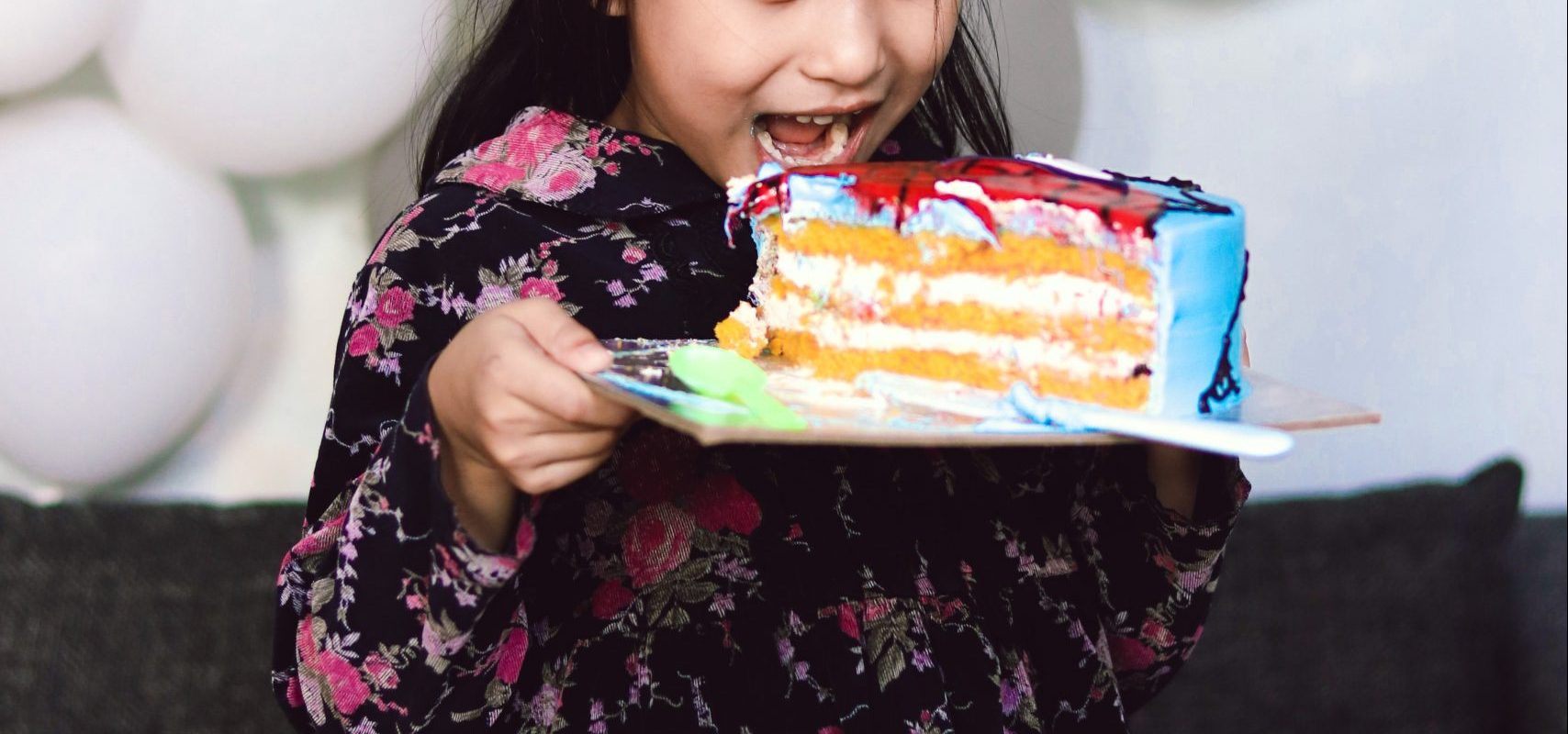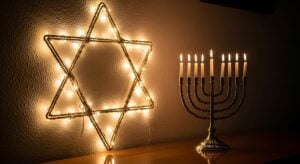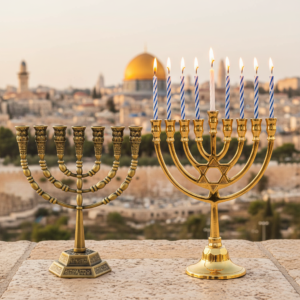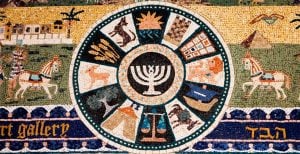Day of the delivery - It’s the start of everything! This is when the birth ‘date’ is set. This may also mean planning a naming ceremony or a special kiddush in synagogue for a girl, and if it’s a boy, planning the bris and maybe a shalom zachar. Hopefully your friends and family will step up to help organize to welcome this unique person into the world. Mazel tov!
Age 3 - For boys, 3 years old is when the upsherin is usually performed. This is his first haircut, and depending on your community, it may also mean styling the payot (side-locks).
Traditionally, this is when children of any gender may be introduced to the mitzvot (Jewish commandments) in a more serious way, in order to prepare to ease them into Jewish life. The child may also receive their first prayer book, kippah, or other Jewish gifts.
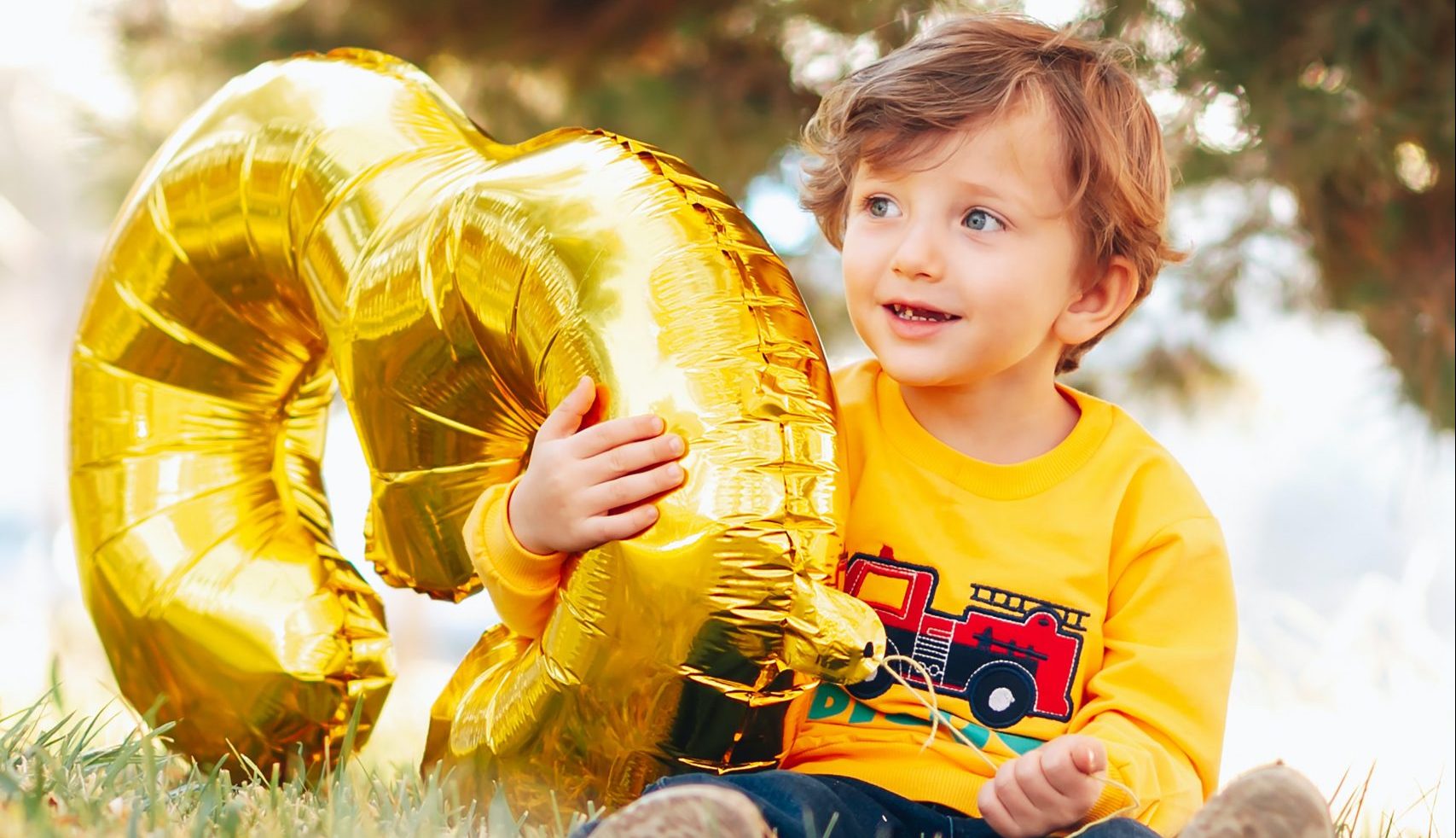
Age 12 (girls) or 13 (boys) - Congratulations, you’ve raised a Jewish adult! Practically, what that means is that the youngster is now obligated in everything the way a grown man or woman would be, such as donning tefillin, lighting Shabbat candles, and so on, after the Bar Mitzvah or Bat Mitzvah. Of course, it would be a lot to throw someone into the deep end like that, so parents and rabbis first spend time teaching the child practical Jewish skills.
Sometime during the week of the birthday, it is typical for the bar/bat mitzvah to read the Torah portion on a day it’s going to be read in the mornings in a synagogue: Monday, Thursday, or Shabbat. Then, friends and family may throw candies at this young adult and celebrate with a party. Some may commemorate the entrance to adulthood with a talk about Torah, often that week’s Torah portion.
And of course, it's also an opportunity for a big party and gifts! (You can learn more about where the tradition of bar and bat mitzvahs came from here, and see our top bar mitzvah and bat mitzvah gifts from Israel!)
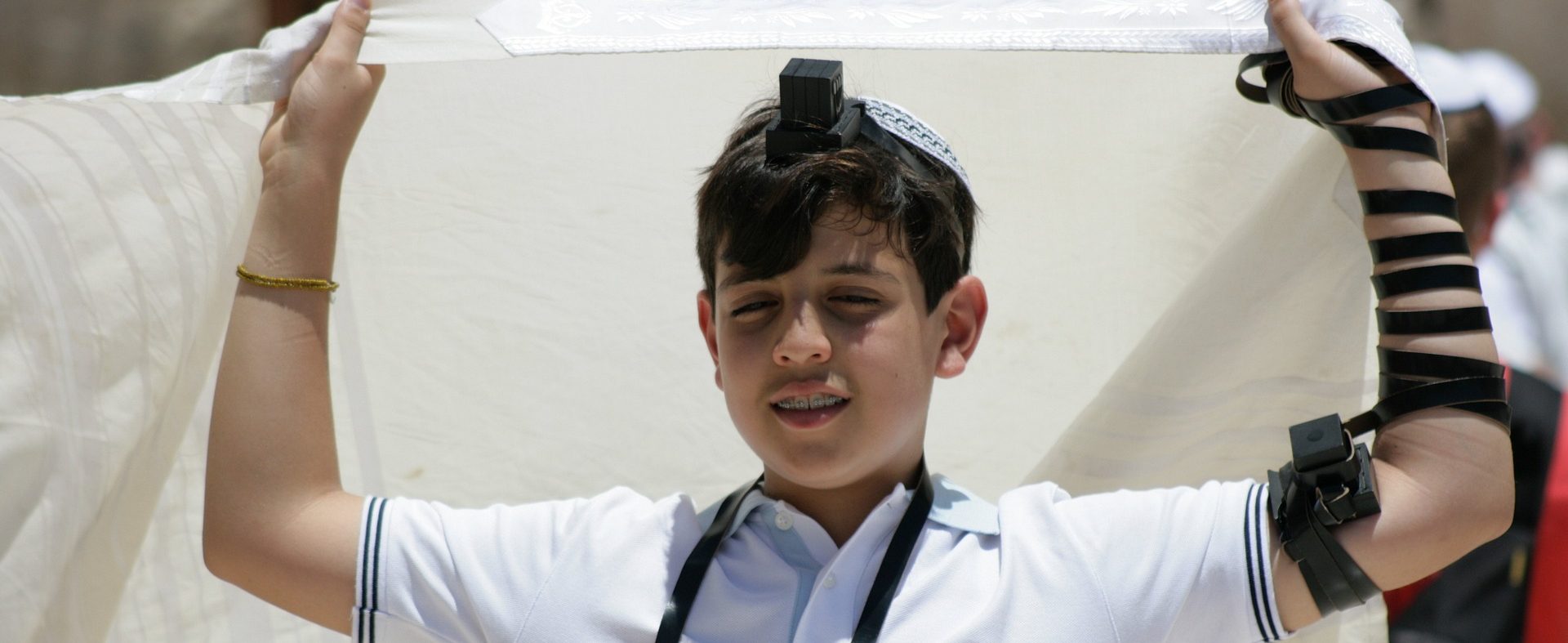
Age 20 - Though less lavish, the 20th birthday is also rather similar to 12/13. It is when someone is not only liable for mitzvot and sins on earth, but also in shamayim (heaven). This may also be the year a traditional yeshiva religious education ends, and entering the workforce and getting married begins.
Age 40 - This is traditionally the age one can begin learning kabbalah, and specifically the Zohar, a book of mystical kabalistic teachings. It is so powerful and esoteric that is cannot be properly understood until one has been learning Torah beforehand all those decades.
Age 83 - As we learn from King David, one is considered to have lived a full life at 70. Baruch Hashem many people will live on decades past that, so when someone reaches 82/83, it is a sweet tradition to host a small “second” Bat Mitzvah or Bar Mitzvah - or a "first" one if the person never had the opportunity during childhood. No one is obligated in anything new at this age, but it is a beautiful commemoration of reaching such a milestone, and even a sort of re-commitment to one’s life-long duties.
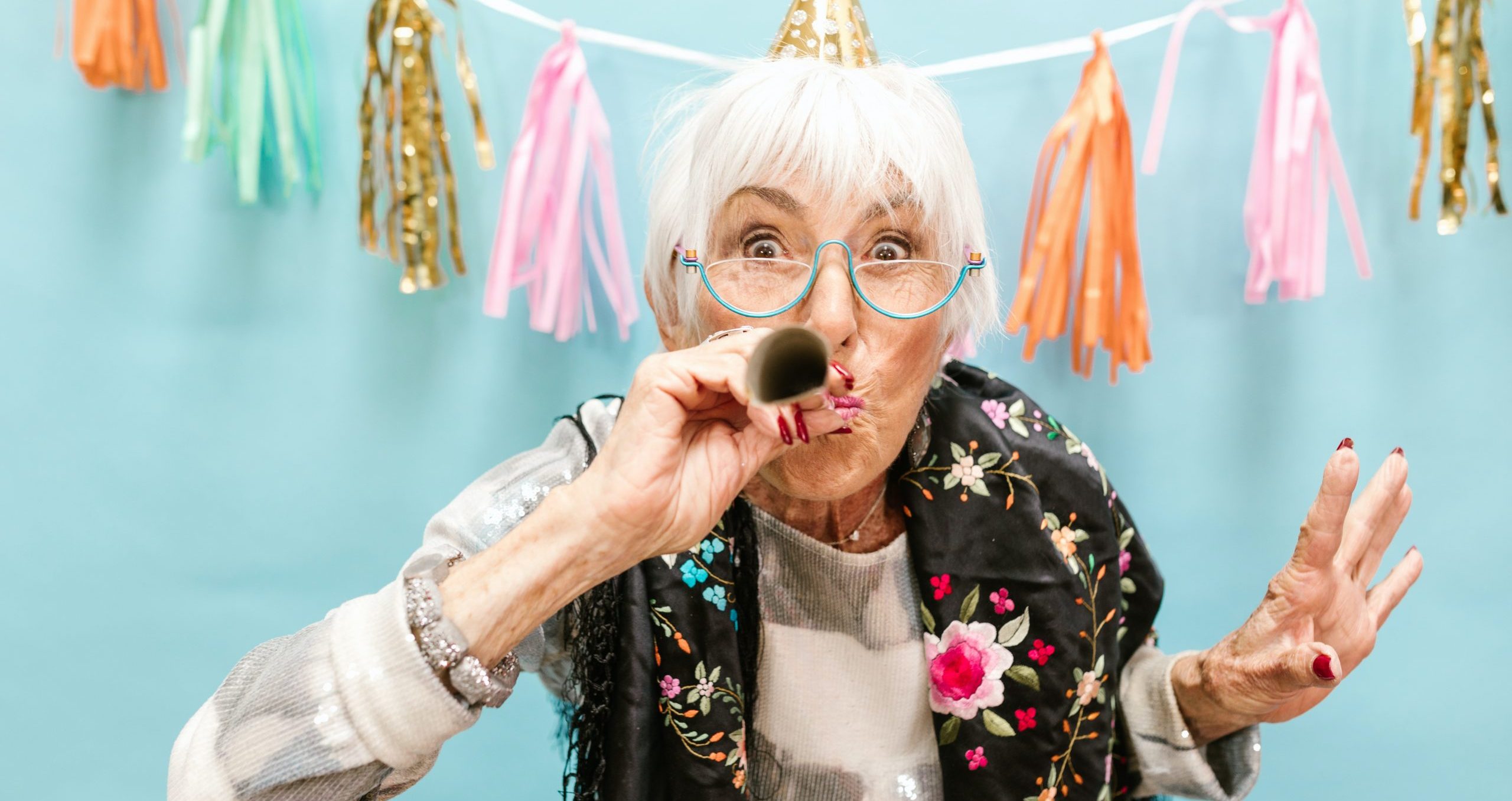
Age 120 - Though few make it all the way to 120, it is said to be as long as someone has on earth. This is learned from Moshe (Moses) who died at 120.
